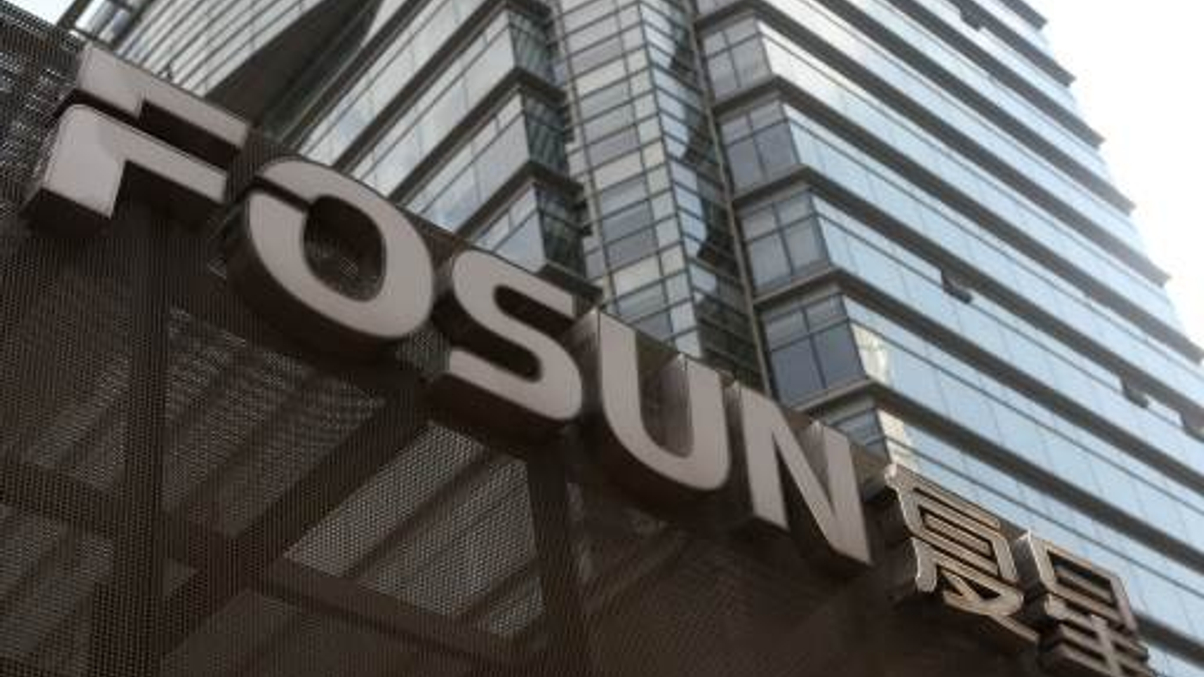How Fosun picks managers for its insurance portfolios
The chairwoman of the insurance business outlined the kinds of mandates the group could consider handing to external managers on the sidelines of a media briefing in Hong Kong.

China’s Fosun Group is open to handing out mandates on behalf of its insurance subsidiaries under certain conditions even as its continues to build its in-house investment capabilities, a senior executive from the group has said.
Sign in to read on!
Registered users get 2 free articles in 30 days.
Subscribers have full unlimited access to AsianInvestor
Not signed up? New users get 2 free articles per month, plus a 7-day unlimited free trial.
¬ Haymarket Media Limited. All rights reserved.


